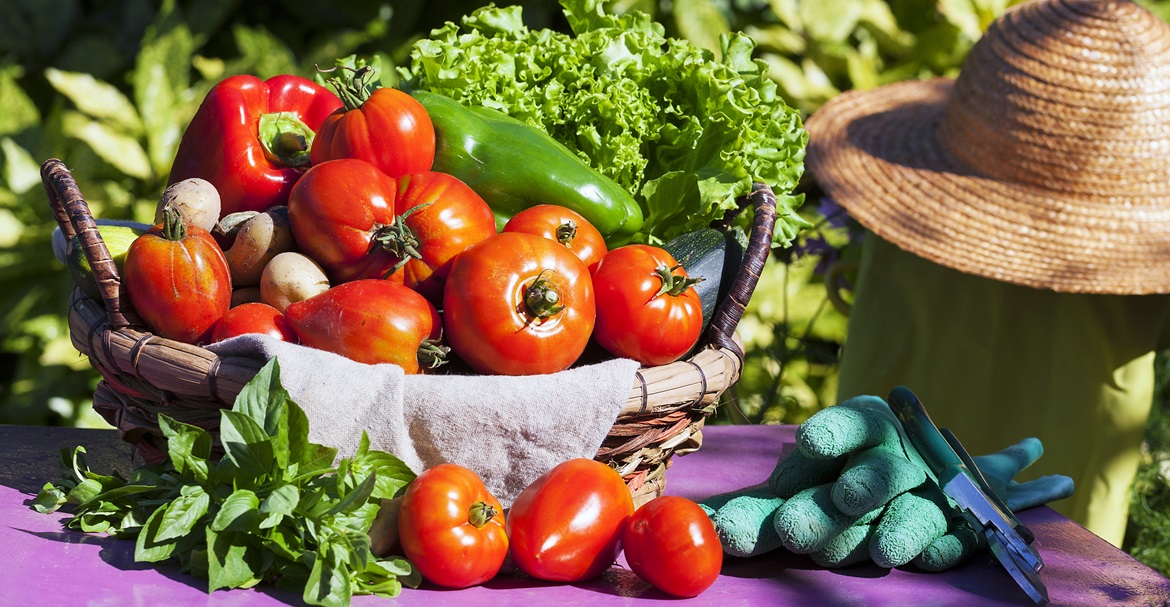- Your cart is empty
- Continue shopping
Find Out Now, What Should You Do For Fast organic?
-
admin
- Posted on
- Categories:Eco Technology, Home
- 0 comments

When it comes to vegetables, freshness plays a vital role in determining their nutritional value and taste. Farm-fresh vegetables are often harvested at peak ripeness, ensuring they retain their full flavor and essential nutrients. Unlike store-bought vegetables, which may spend days or even weeks in transit, farm produce reaches consumers much faster.
This shorter time between harvest and consumption means that farm vegetables often contain higher levels of vitamins and minerals. Eating fresh farm vegetables ensures you get the most out of your meals, both in terms of taste and nutrition.
Nutrient Retention: Why Timing Matters
Vegetables start losing nutrients the moment they are harvested, making freshness a key factor in their health benefits. Store-bought vegetables may undergo long transportation and storage, which reduces their vitamin content, particularly Vitamin C. Farm-fresh vegetables, on the other hand, are consumed soon after harvest, preserving their natural antioxidants and phytonutrients.
These nutrients are essential for boosting immunity, reducing inflammation, and improving overall well-being. By choosing farm-fresh produce, you are ensuring that your body gets the maximum health benefits from your food.
Fewer Chemicals and Preservatives
Many store-bought vegetables are treated with chemicals, wax coatings, and preservatives to prolong their shelf life. These treatments can alter the natural taste of vegetables and introduce harmful residues into your diet. Farm-fresh vegetables are grown naturally, often with fewer pesticides and without artificial coatings. This means that they are safer, healthier, and more flavorful compared to their store-bought counterparts. Choosing fresh farm produce helps you avoid unnecessary chemical exposure and supports a more natural way of eating.
Better Taste and Texture
Freshly harvested vegetables have a crisper texture and a more vibrant taste, enhancing the quality of your meals. Store-bought vegetables, especially those stored for long periods, tend to lose their firmness and natural flavors. Farm vegetables are harvested when ripe, ensuring their sweetness, crunchiness, and juiciness remain intact.
This difference is especially noticeable in leafy greens, tomatoes, and bell peppers, which taste much better when farm-fresh. Cooking with fresh vegetables enhances the overall dining experience, making your meals more enjoyable and nutritious.

No Artificial Ripening or Genetic Modifications
Many store-bought vegetables are harvested prematurely and artificially ripened using chemicals like ethylene gas. This process can reduce their nutritional content and alter their natural taste.
Farm-fresh vegetables, however, are left to ripen naturally on the plant, allowing them to develop full flavor and nutrients. Additionally, many commercial vegetables are genetically modified (GMO) to enhance their appearance and shelf life. By choosing locally grown farm produce, you are consuming naturally ripened, non-GMO vegetables that are healthier and tastier.
Higher Levels of Antioxidants
Antioxidants help protect the body from oxidative stress, reducing the risk of chronic diseases like cancer and heart disease. Fresh farm vegetables contain higher levels of antioxidants compared to store-bought ones that have been stored for long periods. Certain vegetables, such as spinach, kale, and bell peppers, are particularly rich in these beneficial compounds. Consuming fresh vegetables regularly can slow down aging, improve skin health, and boost overall immunity.
By prioritizing farm-fresh produce, you are nourishing your body with natural disease-fighting nutrients.
Supports Local Farmers and Sustainable Agriculture
Buying farm-fresh vegetables directly supports local farmers, ensuring they receive fair compensation for their hard work. Local farms often use sustainable and eco-friendly farming practices, which benefit both the environment and consumers.
By purchasing locally grown vegetables, you are reducing the carbon footprint associated with long-distance transportation. This choice helps promote community-based agriculture while ensuring a steady supply of high-quality, fresh produce. Supporting local farms also strengthens regional food security, making fresh vegetables more accessible and affordable.
Reduced Risk of Contamination
Store-bought vegetables pass through multiple hands, increasing the risk of contamination from handling, packaging, and transportation. Farm-fresh vegetables, especially those purchased directly from farmers, go through fewer processes, reducing this risk. Many store vegetables are washed with chlorine solutions or stored in plastic packaging, which can alter their quality.
On the other hand, fresh farm produce is naturally grown, washed, and handled with minimal processing. By choosing fresh farm vegetables, you reduce your exposure to potential contaminants and foodborne illnesses.
Conclusion: A Healthier Choice for You and Your Family
Eating fresh farm vegetables is one of the simplest ways to improve your diet and overall well-being.
They are nutrient-rich, chemical-free, better-tasting, and packed with antioxidants, making them a superior choice. Unlike store-bought produce, farm vegetables offer maximum freshness, fewer preservatives, and greater nutritional value. By incorporating more farm-fresh vegetables into your meals, you are making a conscious choice for better health.
Whether you buy from local farmers’ markets or directly from farms, prioritizing fresh produce is a step toward a healthier, more sustainable lifestyle.
